TRAPPING RACOONS
Rodent Control for Raccoons: Safeguarding Your Space
Introduction:
Raccoons, with their masked faces and agile antics, can be charming to observe in the wild. However, when these intelligent mammals invade human spaces, they can pose challenges, especially when it comes to rodent control. In this article, we will explore effective strategies for managing raccoon-related rodent issues, safeguarding your property, and promoting coexistence.
Understanding Raccoons and Rodent Behavior:
1. Raccoons as Opportunistic Feeders:
Raccoons are opportunistic feeders, and their diet can include rodents. When raccoons find their way into urban or suburban areas, they may exploit human-provided food sources, inadvertently impacting local rodent populations.
2. Nocturnal Habits:
Raccoons are primarily nocturnal, and their activity during the night may coincide with peak rodent activity. This can lead to interactions between raccoons and rodents, with the former potentially disrupting traditional rodent behaviors.
Strategies for Rodent Control in the Presence of Raccoons:
1. Secure Garbage Bins:
Raccoons are notorious for rummaging through garbage in search of food. Use raccoon-resistant garbage bins with secure lids to minimize food availability for both raccoons and rodents.
2. Limit Outdoor Food Sources:
Avoid leaving pet food outdoors overnight, as this can attract raccoons and, in turn, contribute to rodent activity. Secure bird feeders and consider using raccoon-resistant designs.
3. Seal Entry Points:
Raccoons can access attics, crawl spaces, and sheds, creating potential nesting sites for both raccoons and rodents. Seal entry points and address any vulnerabilities in the structure to prevent unwanted guests.
4. Trim Overhanging Branches:
Raccoons are skilled climbers, and overhanging branches can provide access to roofs and attics. Trim branches to minimize raccoon access and prevent potential rodent entry points.
5. Implement Natural Repellents:
Use natural repellents that deter raccoons and rodents. Substances like ammonia-soaked rags or commercial repellents with predator urine can discourage both species from frequenting specific areas.
6. Install Motion-Activated Lighting:
Raccoons and rodents are generally averse to well-lit areas. Install motion-activated lighting around your property to deter nocturnal visitors and create an environment less conducive to rodent activity.
7. Consider Professional Assistance:
If raccoon and rodent issues persist, consider seeking professional pest control services. Pest control experts can assess the situation, identify entry points, and implement targeted strategies for raccoon and rodent control.
Promoting Coexistence:
1. Provide Alternative Shelter:
Consider installing raccoon boxes or shelters away from your home to provide alternative nesting options for raccoons, reducing the likelihood of them seeking refuge in your attic or crawl space.
2. Natural Habitat Preservation:
Preserve natural habitats around your property to maintain a balanced ecosystem. Native vegetation and green spaces can help support the natural behaviors of raccoons and rodents.
3. Educate Neighbors:
Work collaboratively with neighbors to implement rodent control measures. A collective effort can create a more effective barrier against raccoon and rodent intrusion.
Conclusion:
Raccoons and rodents can coexist in urban and suburban environments with the right preventive measures and a thoughtful approach to conservation. By implementing strategies that discourage raccoons and rodents from frequenting human spaces and seeking professional assistance when needed, homeowners can create a harmonious living environment for both wildlife and residents. Balancing effective rodent control with respect for local ecosystems ensures a healthy and sustainable coexistence with these intelligent and resourceful creatures.



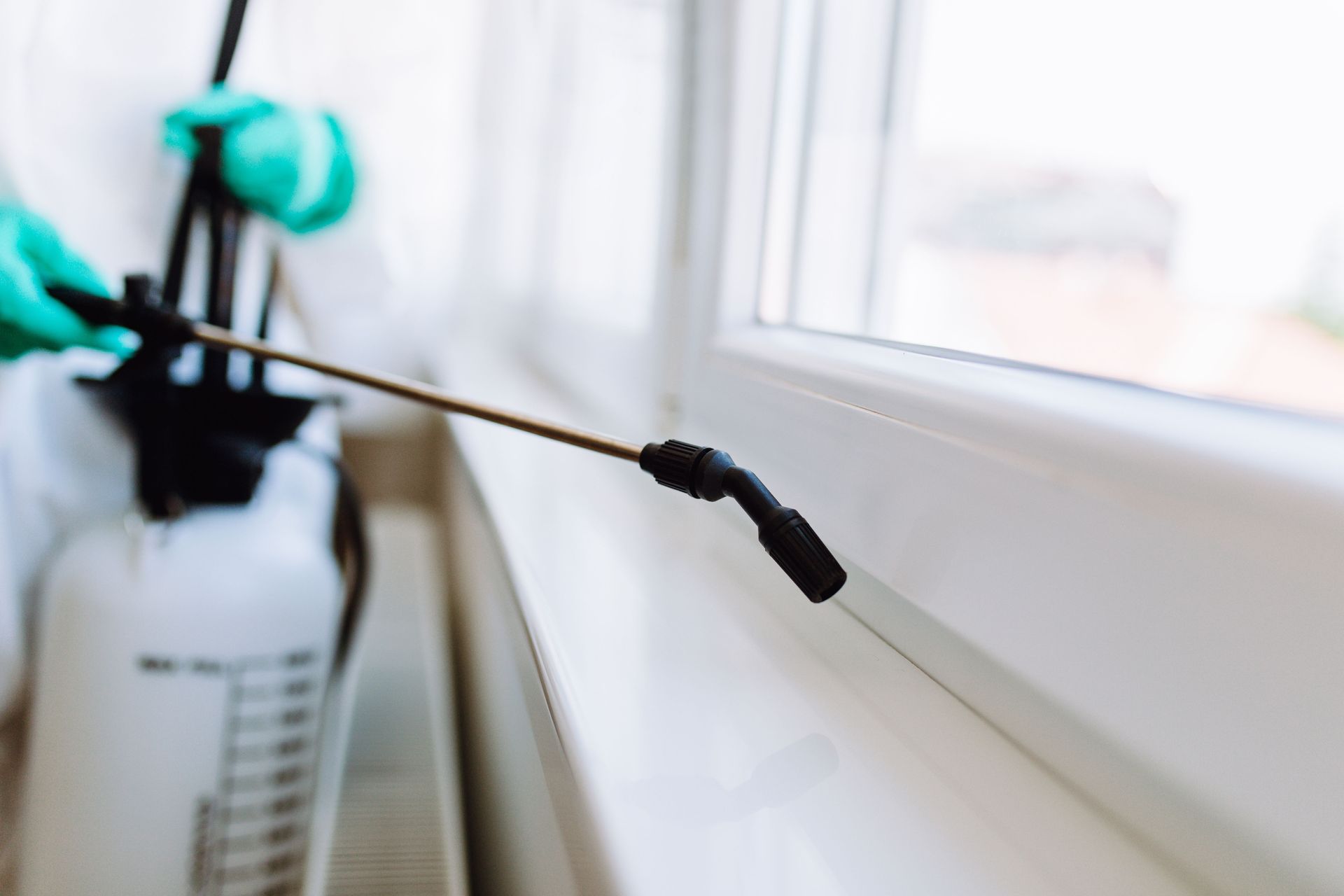
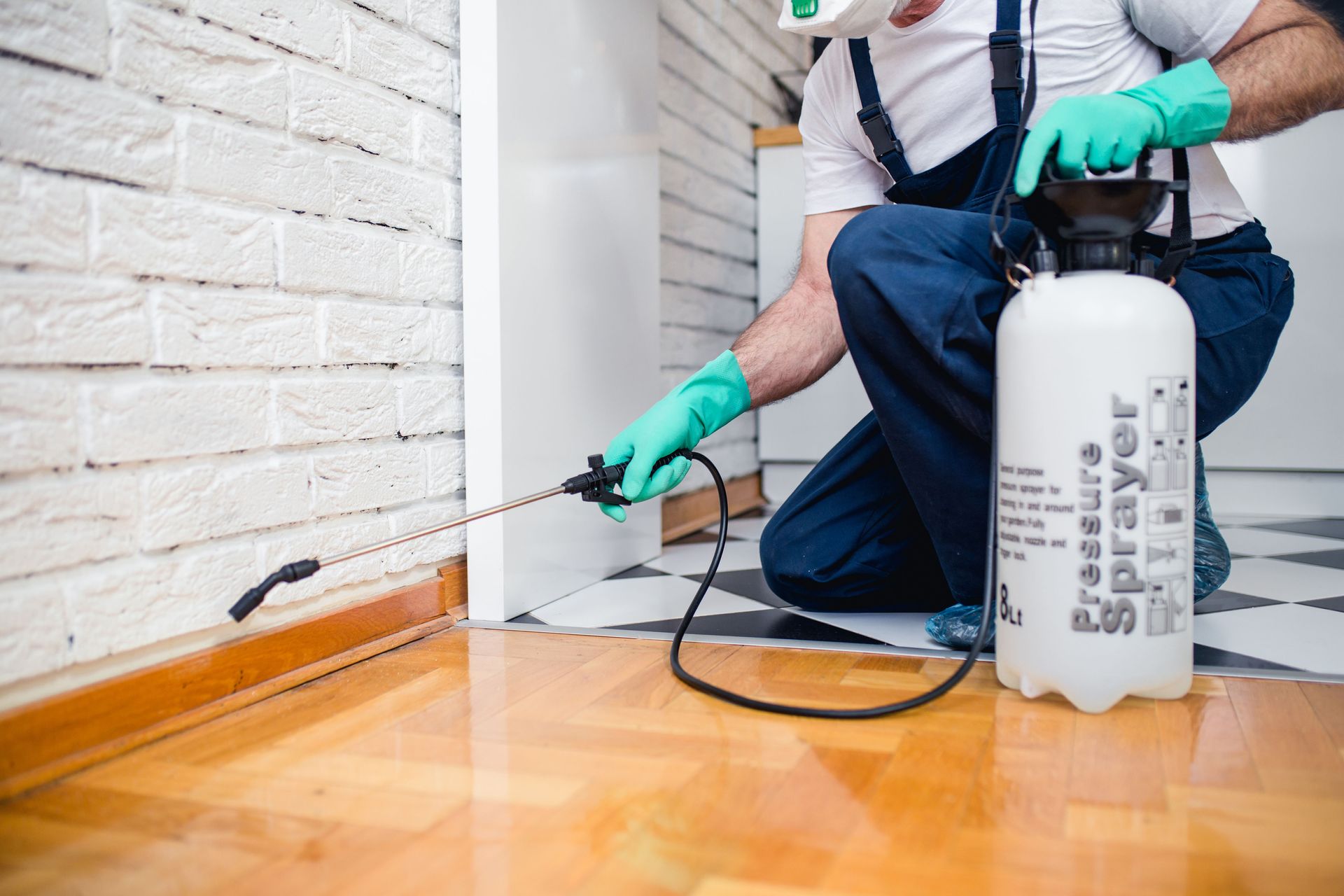



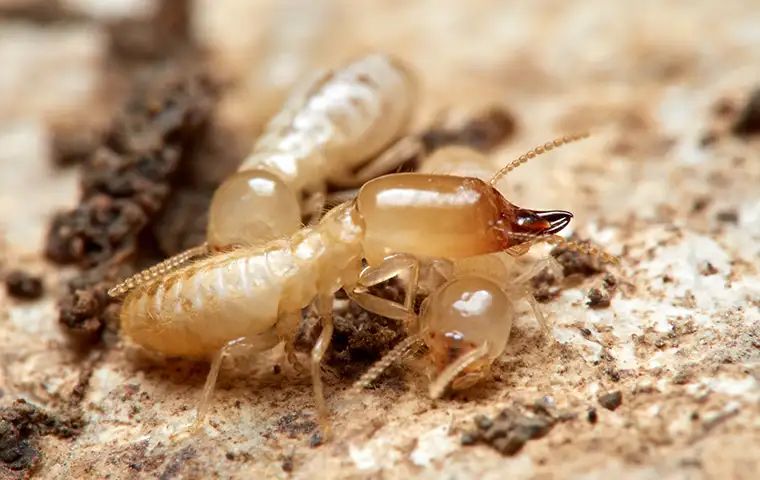
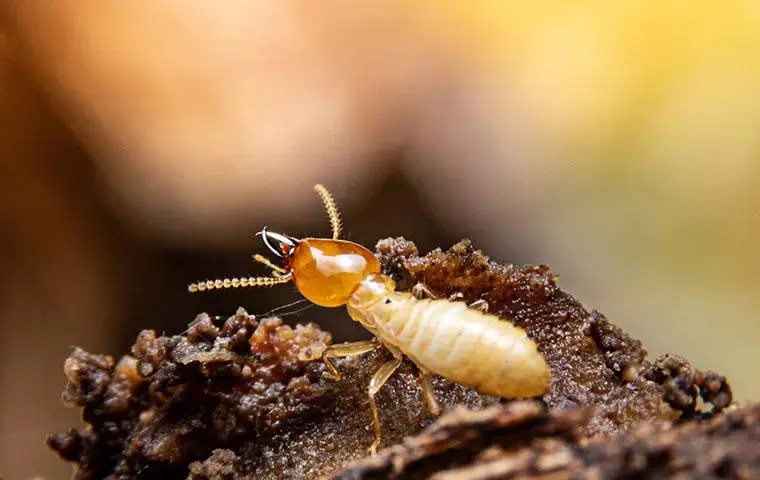
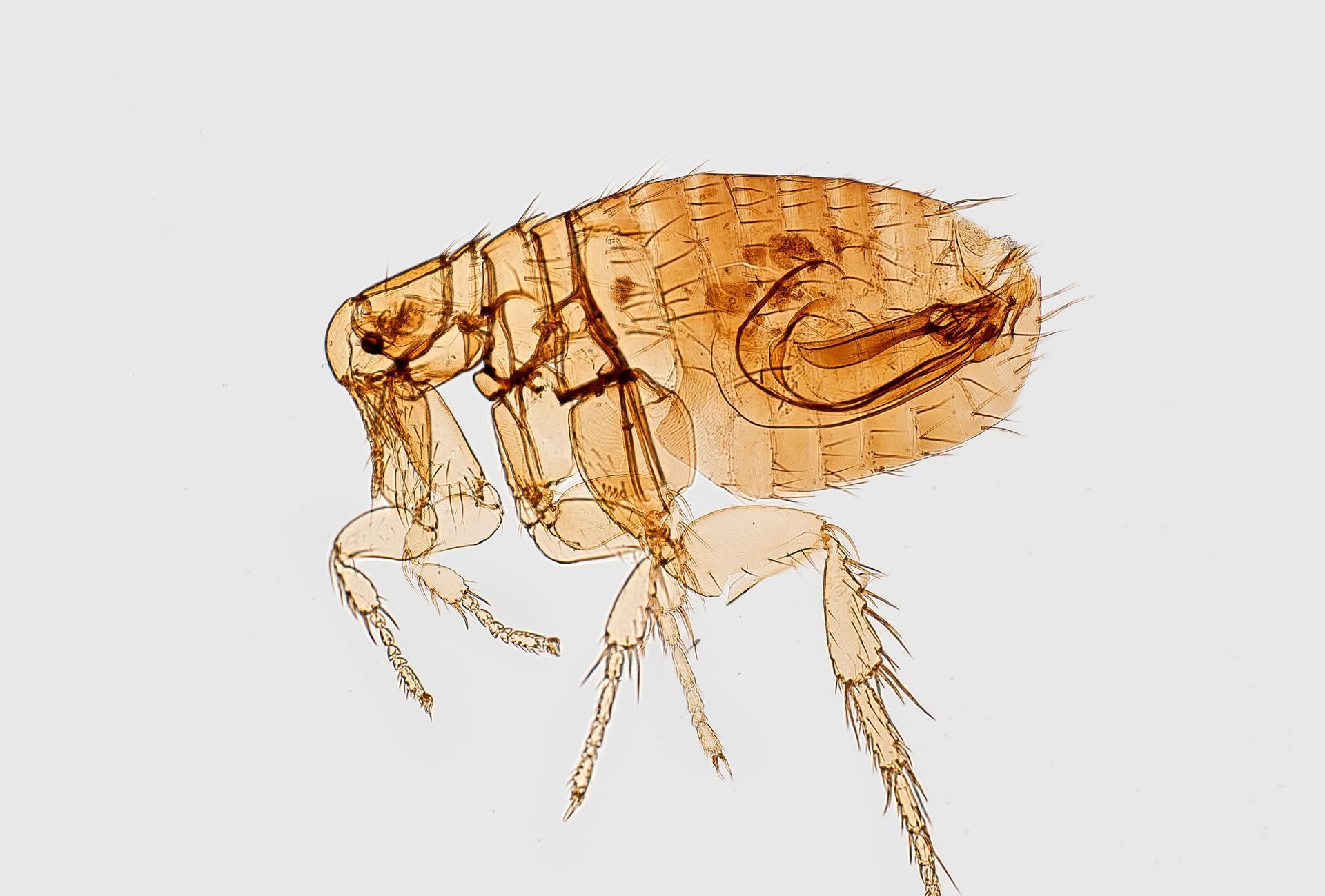
Share On: